According to information from the Office of New Rural Areas in Ba Ria - Vung Tau province, before implementing the New Rural Areas construction in 2010, on average each commune only met 6 criteria, the average income of rural people was only 14.5 million VND/person/year. The infrastructure in rural areas was both weak and lacking, not meeting the living and production needs of rural people.
Up to now, after nearly 13 years of building new rural areas, the whole province of Ba Ria - Vung Tau has had 47/47 communes meeting new rural standards, reaching 100%, of which 31 communes have been recognized as meeting advanced new rural standards; 6/8 district-level units have been recognized by the Prime Minister as meeting standards and completing the task of building new rural areas.
Along with that, the province has 2 district-level units that have submitted to the Ministry of Agriculture and Rural Development for appraisal and recognition of meeting new rural standards; 2 district-level units have had 100% of their communes meet advanced NTM standards and achieved 9/9 criteria for advanced NTM districts, and are completing their application documents for recognition of meeting advanced new rural district standards. Ba Ria - Vung Tau province is one of 20 provinces and cities nationwide with 100% of its communes meeting NTM standards. The average per capita income is 75 million VND/person/year. Notably, the whole province no longer has poor households according to national standards.
Regarding the mobilization of resources for the construction of new rural areas, the whole province of Ba Ria - Vung Tau has mobilized 24 trillion VND. Through the mobilized capital sources to implement the National Target Program on New Rural Construction, it has contributed to the rapid development of the socio-economic infrastructure system in many rural areas, notably investment in the development of rural transport, irrigation, rural electricity systems, rural clean water... In particular, the environment has received increasing attention and investment. Up to now, many black spots of environmental pollution in rural areas have been overcome. Most of the livestock and production facilities that pose a risk of causing pollution have been relocated out of residential areas. Village roads and alleys are increasingly spacious and clean. Clean water is brought to remote areas, ethnic minority areas...
The paved, spacious rural roads, with colorful flower beds on both sides, are becoming more and more popular in Chau Duc district. This is the result of the breakthrough implementation of "50% of traffic routes planted with flowers" by 2023.
When coming to the flower road in Tan Long village, Kim Long commune, many people were surprised by the beauty of the brilliant and colorful flower road that made the rural picture more brilliant and full of life. This 1km long flower road also won first prize in the "Model flower road" contest in Chau Duc district recently, becoming an important highlight towards the construction of Kim Long urban area in 2024.
According to statistics, up to now, Chau Duc district has planted more than 628 km, planted nearly 167,000 new flower trees of all kinds, reaching nearly 102% compared to the general plan target of the district. Up to now, Chau Duc district has 722 km of flower roads.
It is known that the flower planting movement to beautify the traffic routes in Chau Duc district has existed for many years. The breakthrough in 2023 has helped the flower planting model on both sides of the road in the district to be increasingly replicated. The birth of flower roads has helped rural people gradually change their awareness of environmental protection, contributing to the improvement of environmental criteria in building new rural areas and the effectiveness of movements.
Identifying that building new rural areas is a regular and continuous task, in the coming time, Ba Ria - Vung Tau province will continue to thoroughly grasp and identify the biggest goal in building new rural areas, which is to improve the material and spiritual life of rural people in the whole province, ensure security, order and social safety, promote cultural traditions and protect a clean and beautiful environment in rural areas./.
Source link




![[Photo] Closing of the 13th Conference of the 13th Party Central Committee](https://vphoto.vietnam.vn/thumb/1200x675/vietnam/resource/IMAGE/2025/10/08/1759893763535_ndo_br_a3-bnd-2504-jpg.webp)
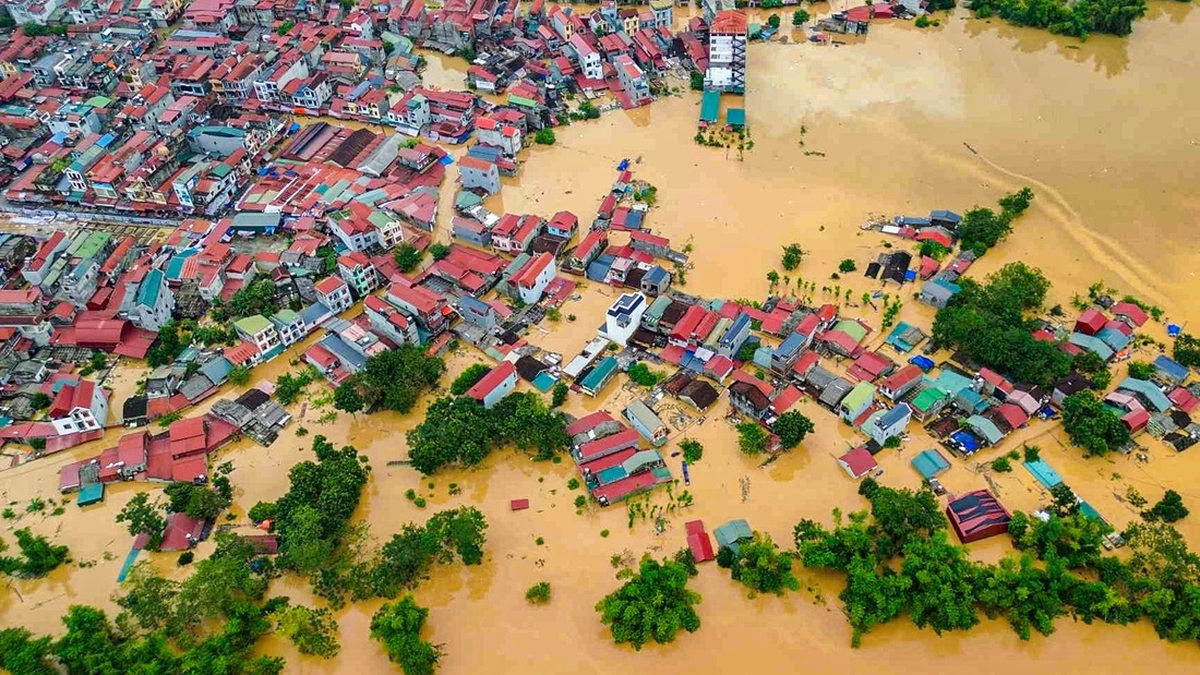








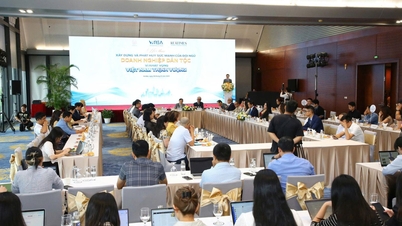

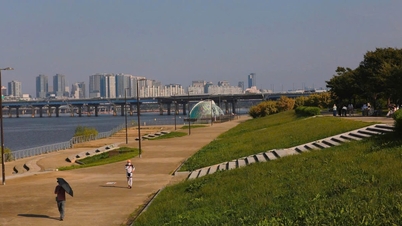




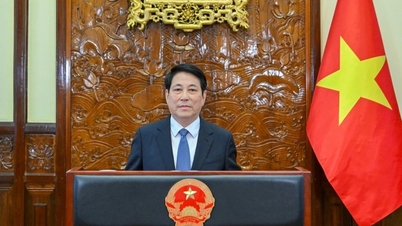

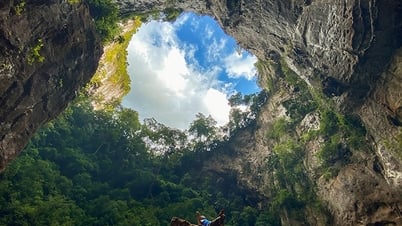
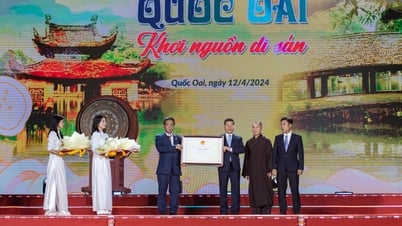

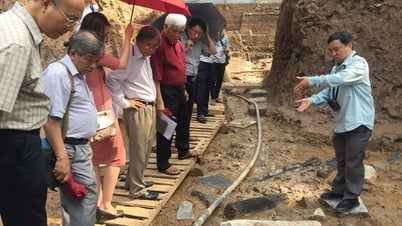
























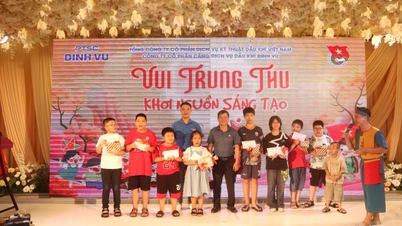
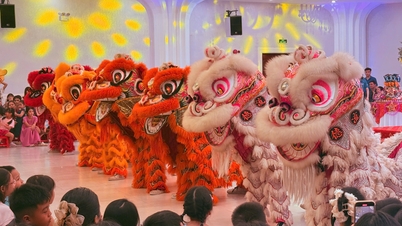



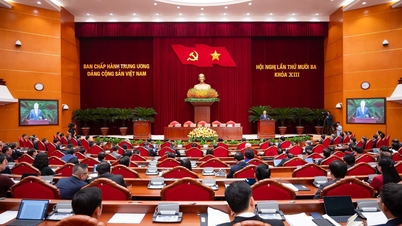


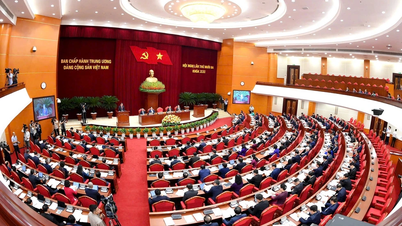

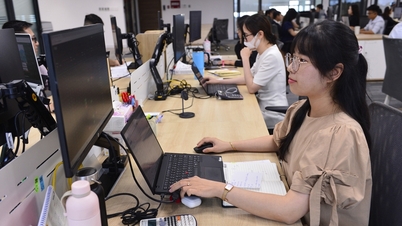



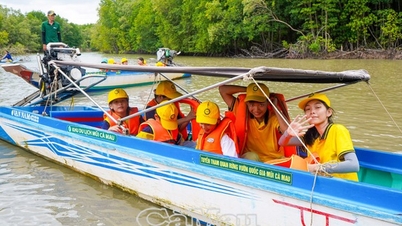


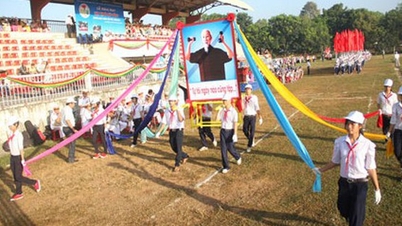
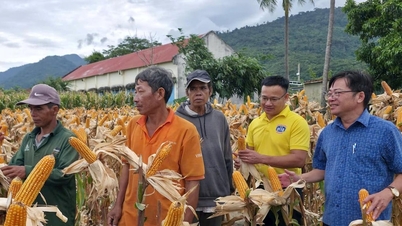



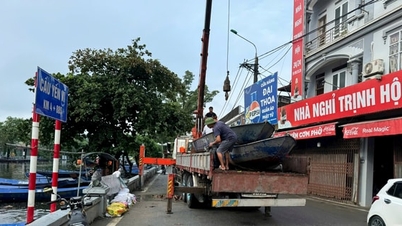






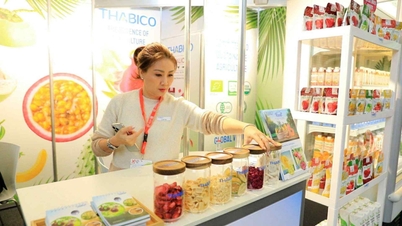












Comment (0)